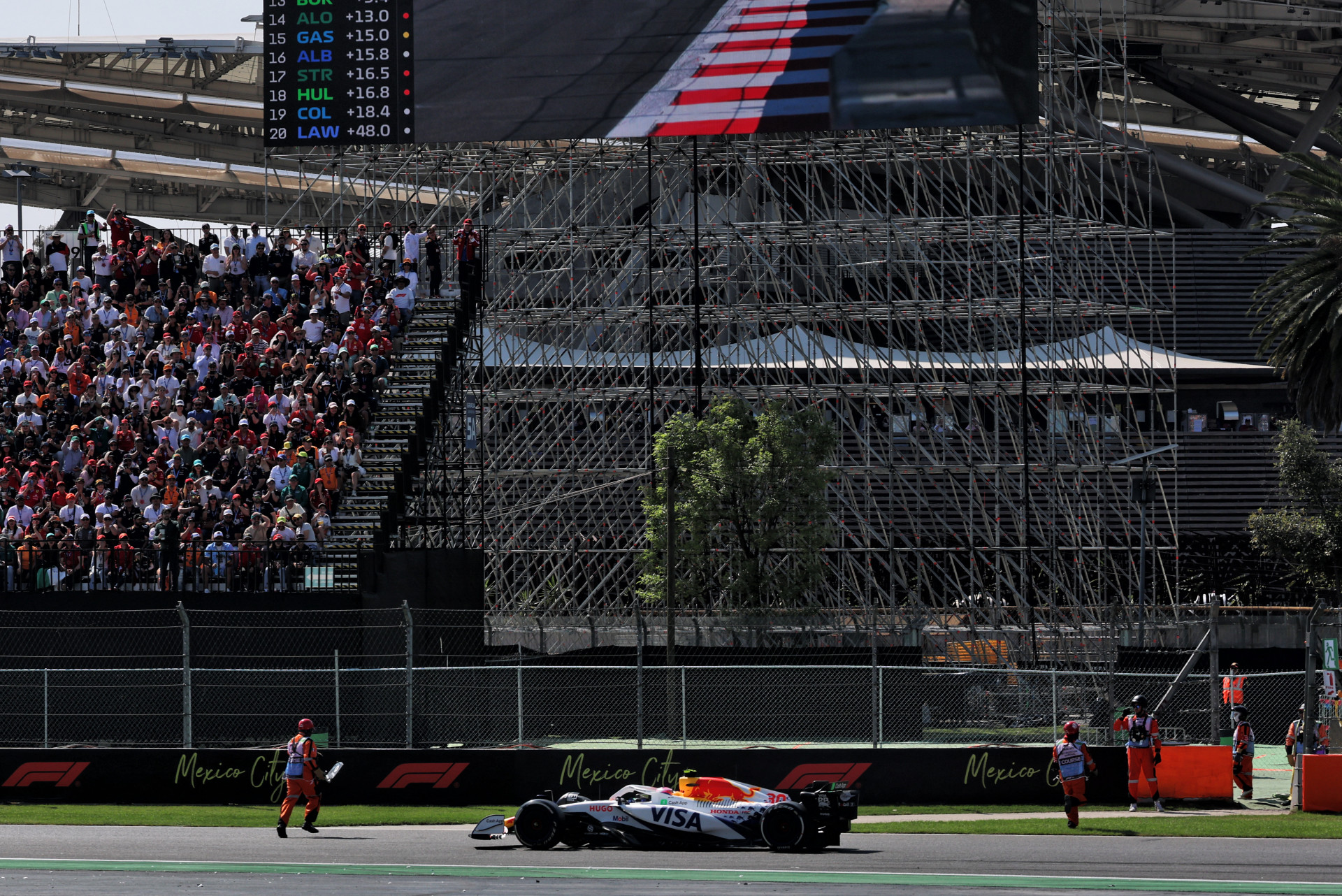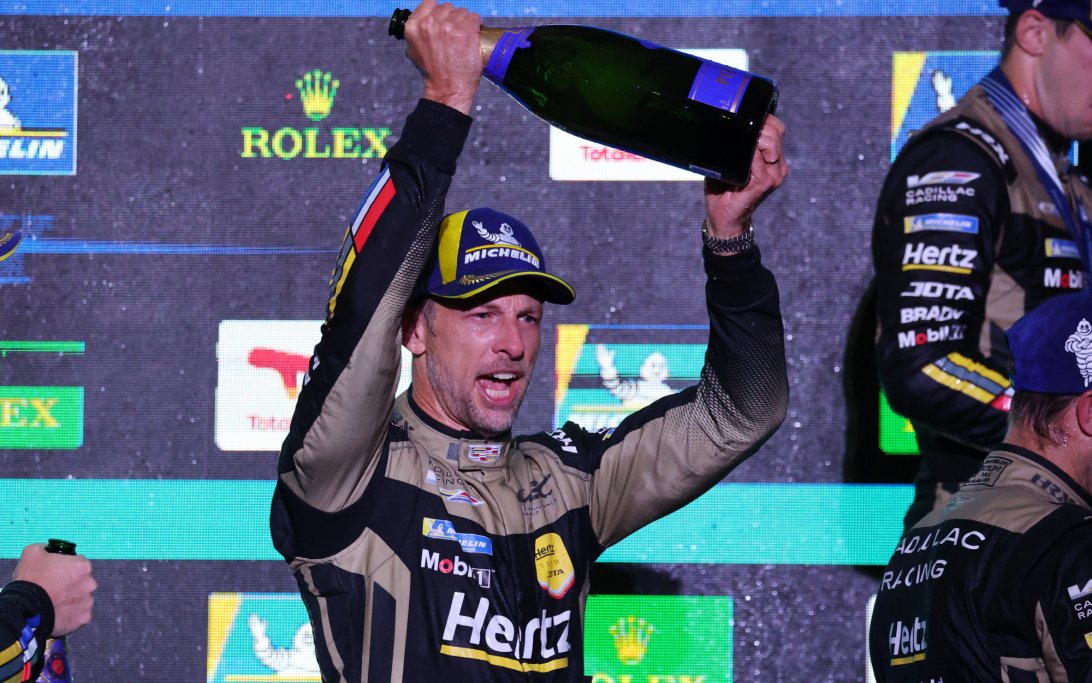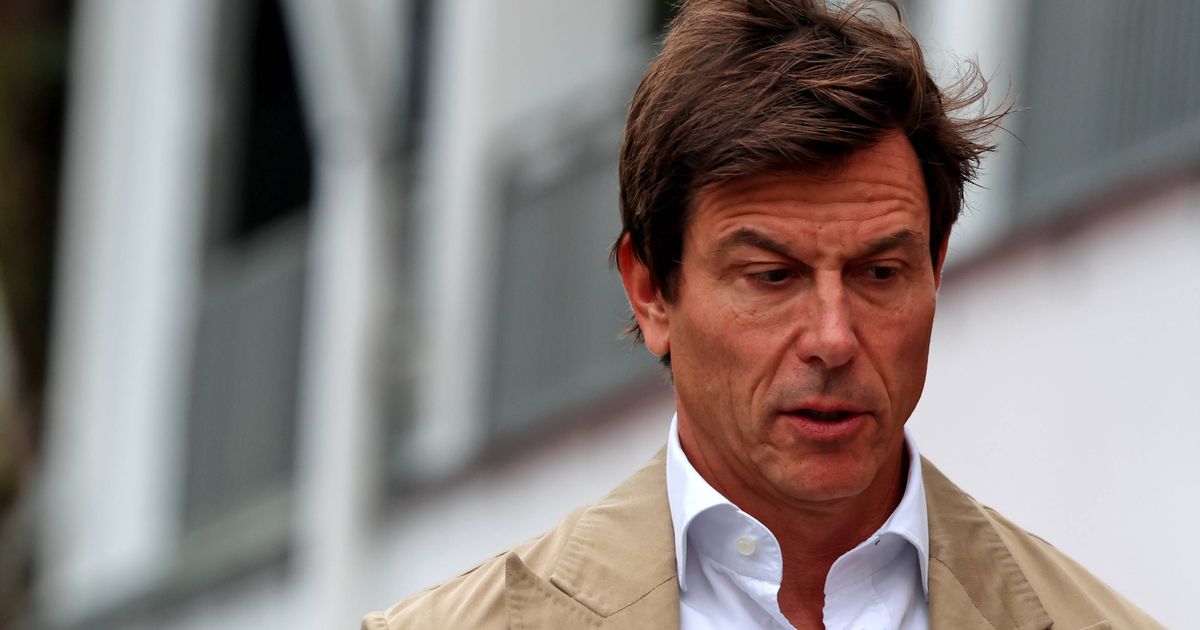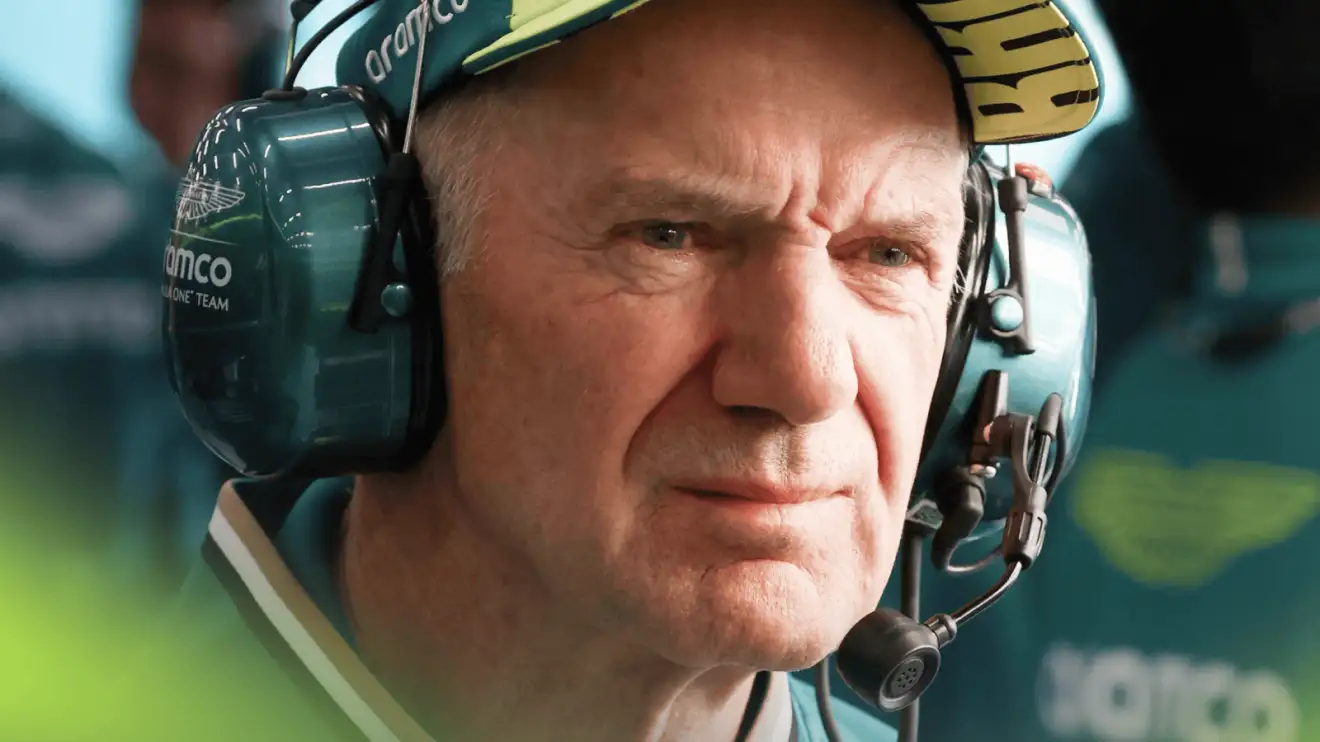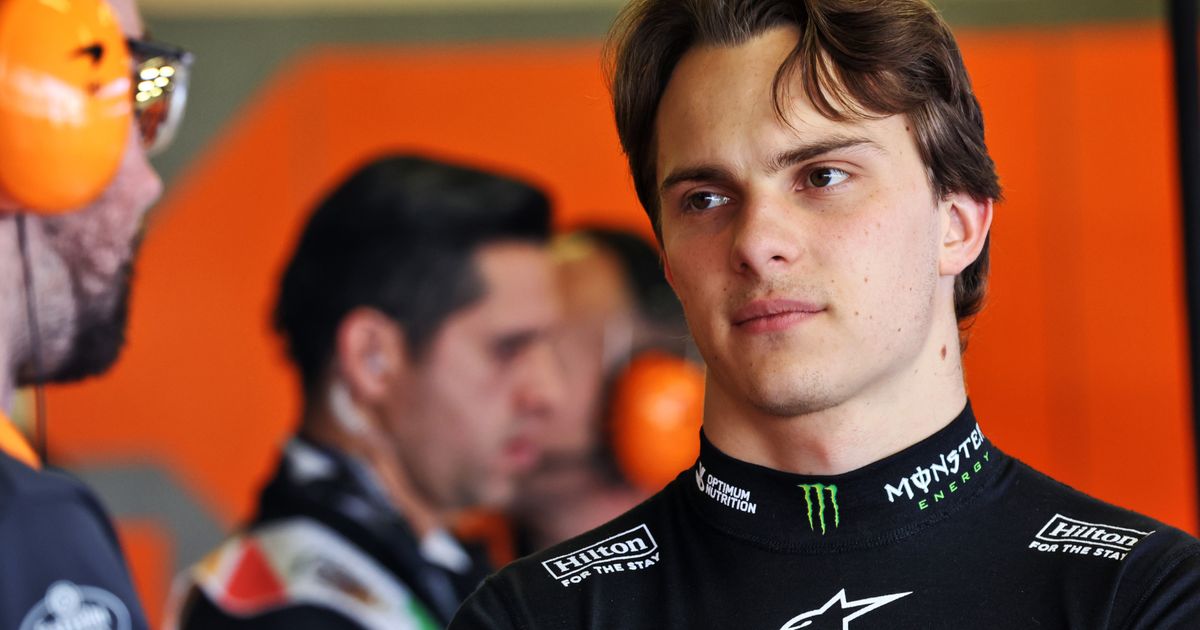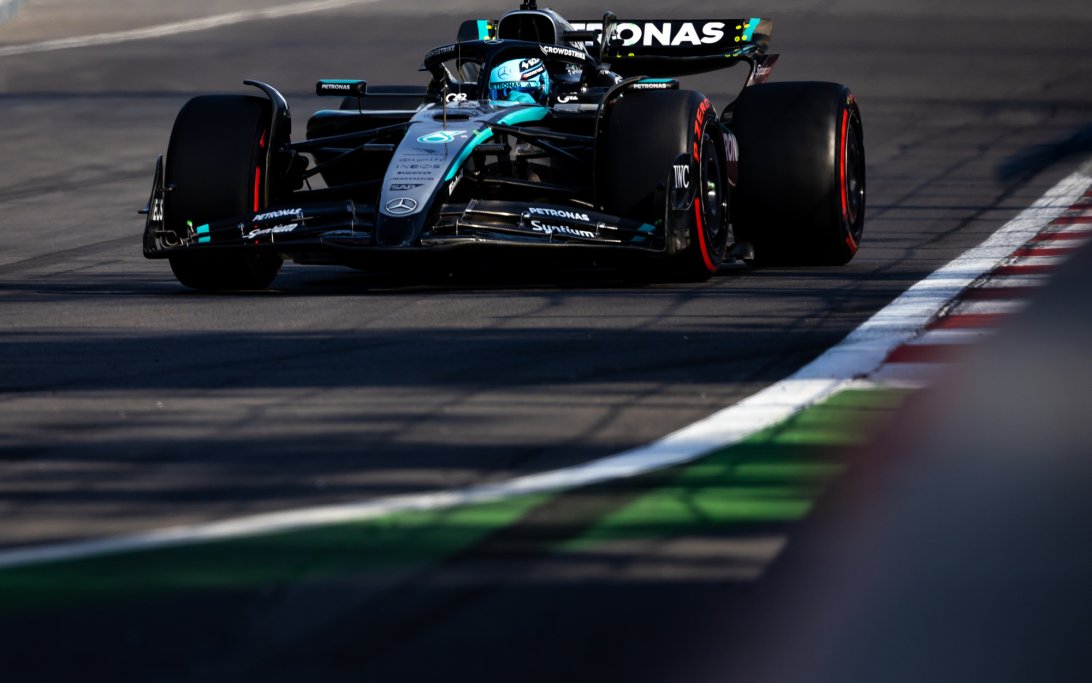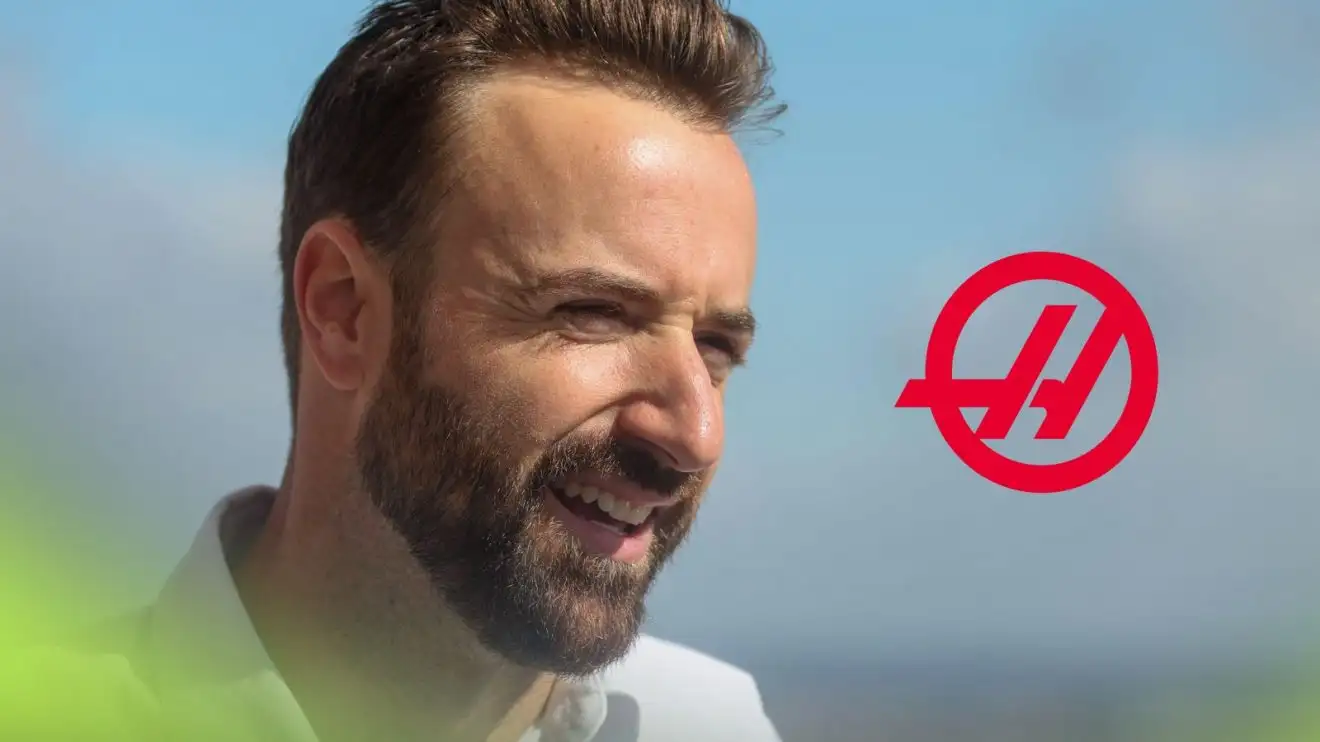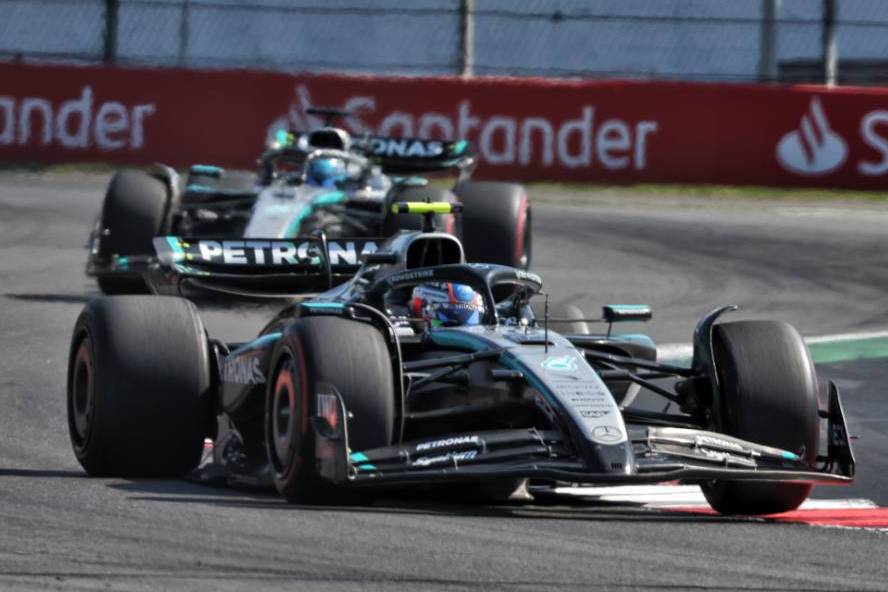
Mercedes Admits Mexico GP Strategy Delay Cost Them Dearly
Mercedes has conceded that a critical delay in swapping George Russell and Andrea Kimi Antonelli at the Mexico City Grand Prix proved costly for both drivers, impacting their potential for a stronger finish. What began as a complex tactical decision ended up as a significant missed opportunity, highlighted by Russell's frustration and Antonelli's strategic tyre management.
Why it matters:
Mercedes' admission underscores the razor-thin margins in modern Formula 1, where split-second decisions can dictate race outcomes. This particular misstep prevented both drivers from maximizing their positions, allowing rivals to gain an advantage and highlighting an area where the team needs to sharpen its race management for future challenges.
The Details:
- Initial Strategy Conflict: Antonelli was managing his tyres for a one-stop strategy, executing the team's instructions perfectly. Russell, however, was closing in, under pressure from Piastri, and felt he had the pace to pass Antonelli and challenge Oliver Bearman ahead.
- Pit Wall Hesitation: According to Bradley Lord, Mercedes' communications chief, the team initially adhered to its policy of letting drivers race. This led to a prolonged period of deliberation while trying to assess whether to maintain positions or make the swap.
- Consequences of Delay: By the time the decision was made to swap, Russell's tires were "past their best." This allowed Piastri to capitalize, ultimately demoting both Mercedes drivers and preventing them from achieving higher finishes.
- Overtaking Challenges: Lord emphasized the extreme difficulty of overtaking in Mexico due to low downforce and the pronounced "dirty air" effect, which has become more penalizing since the 2022 regulations. This made the strategic call even more critical.
- Driver Frustration: Antonelli, despite his strong tyre management, finished sixth after the positions were eventually reversed, lamenting a "missed opportunity to take fourth." Russell's radio fury during the race also underscored the frustration within the cockpit.
What's next:
Mercedes will undoubtedly review this incident thoroughly to refine its in-race decision-making processes. The key lesson is the need for greater decisiveness in strategic calls, especially in tight race situations where hesitation can prove fatal. Moving forward, expect Mercedes to prioritize swift and clear communication from the pit wall to avoid similar scenarios and ensure their drivers can capitalize on every opportunity. The team aims to prevent another round of "Monday-morning mea culpas" by making lightning-fast calls when driver pleas come over the radio.
Original Article :https://f1i.com/news/552422-mercedes-admits-slow-swap-decision-cost-team-dearly-...


